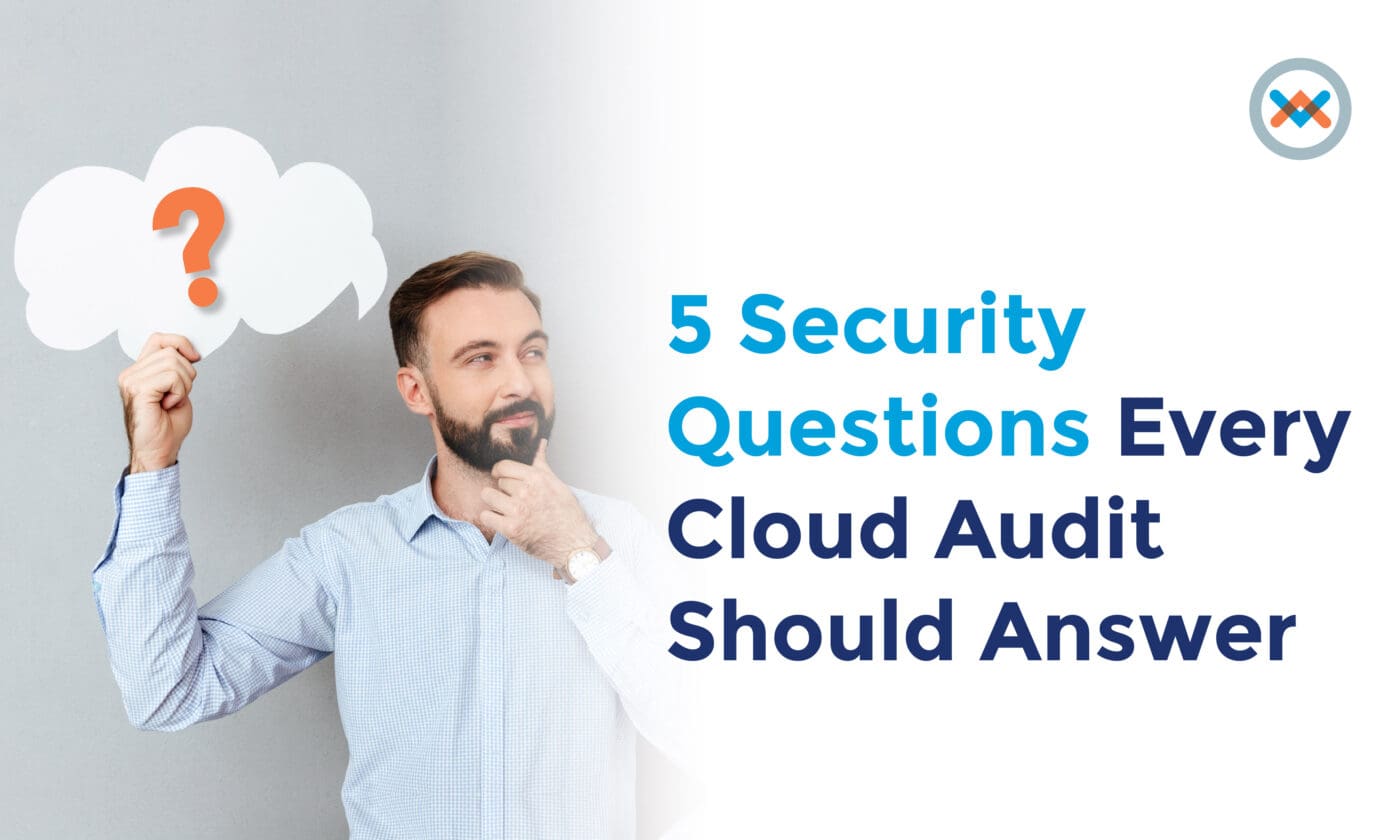Compliance isn’t just for big businesses anymore—it’s something companies of all sizes need to consider. However, a recent survey by FloQast found that only 16% of organizations are actually preparing for the next wave of compliance.
That means most businesses might be leaving themselves exposed—to fines, reputational damage, and even losing customer trust. On the other hand, staying compliant shows people you take security, privacy, and ethical practices seriously, and that can make a big difference. It’s not just about following the rules—it’s about building trust, standing out from competitors, and setting yourself up for long-term success.
In this post, we’ll look at some key compliance frameworks, why they matter, and how choosing the right compliance approach can help your business grow.
What is Regulatory Compliance?
Every business has the responsibility to keep their client's data safe. If one messes it up, it will put the organization in big trouble. This is why regulatory compliance is important. Regulatory compliance itself refers to the practice of following the rules (laws, regulations, and guidelines that govern business operations) that are made to keep everything secure. Compliance is especially important for industries like finance, healthcare, and tech, where sensitive information is part of daily operations. It’s not only about avoiding fines—it’s about proving that your organization is trustworthy. Here’s a brief summary of some of the most famous compliance standards and why they actually matter:
PCI DSS (Payment Card Industry Data Security Standard)
Introduced in 2004, the PCI DSS provides clear standards for businesses to ensure they safely handle credit card information—whether they process, store, or transmit it. These standards help secure sensitive data, lower fraud risks, and build lasting trust with customers and business partners.
A recent survey by Experian revealed that fraud involving stolen credit card information is now a top concern for consumers. In fact, 80% of consumers expressed worries about bad actors obtaining their card details—a 19% increase from the previous year’s survey. Achieving PCI DSS compliance is crucial in preventing such breaches, and it can help assure customers that their sensitive information is being handled with the highest level of security.
SOC 2
SOC 2 is a framework that focuses on security, availability, processing integrity, confidentiality, and privacy. A SOC 2 audit provides an independent, third-party validation that a service organization’s information security practices meet industry standards set by the AICPA. SOC 2 compliance is essential for technology companies, as it ensures their systems are secure and their data management practices meet industry standards. Achieving SOC 2 certification helps businesses demonstrate their trustworthiness to clients and partners.
NIST (National Institute of Standards and Technology)
NIST is a U.S. government agency that provides guidance, training, and support to help companies, government bodies, and standards organizations collaborate on standardization and conformity assessments. NIST compliance means following these guidelines to meet regulations set by the U.S. Department of Commerce.
FedRAMP
The Federal Risk and Authorization Management Program (FedRAMP) is a U.S. government-wide program that provides a standardized approach to security assessment, authorization, and monitoring for cloud services. FedRAMP is particularly important for businesses that provide cloud solutions to federal agencies. Achieving FedRAMP compliance assures government clients that your cloud services meet strict security requirements.
CIS Controls
The CIS Critical Security Controls offer a collection of cybersecurity best practices aimed at helping businesses safeguard their systems from cyber threats. Security professionals globally use these guidelines to help strengthen an organization’s defense strategies. By adopting these practices, companies can reduce vulnerabilities, prevent potential attacks, and ensure strong protection for their IT infrastructure.
CIS compliance refers to meeting the standards outlined in these controls. Organizations that are CIS compliant have established procedures to protect against cyberattacks, aligning with the CIS benchmarks that cover various vendors and systems.
ISO
ISO, or the International Organization for Standardization, is a global network of experts that develops international standards, ensuring that businesses around the world operate smoothly, safely, and efficiently. ISO certifications are globally recognized and demonstrate your organization's commitment to continuous improvement and risk management. Compliance with ISO standards shows to customers and partners that you adhere to internationally recognized best practices.
One of ISO’s most notable standards is ISO/IEC 27001. According to its website, this standard provides guidance for companies of all sizes, across all industries, on how to establish, implement, maintain, and continually improve an information security management system (ISMS).
Therefore, if a business is certified with ISO/IEC 27001, it means they have put in place a system to manage risks related to data security, following the best practices and principles outlined in this global standard. This is crucial for building trust and maintaining a positive reputation as it demonstrates the organization's commitment to managing and protecting customer information.
HIPAA
HIPAA, or Health Insurance Portability and Accountability Act of 1996 is a federal law that establishes the regulations for protecting medical records and sensitive patient data in the healthcare sector. To ensure HIPAA compliance, companies that deal with protected health information must have physical, network, and process security measures in place and follow them. This includes healthcare providers, insurers, and any organization that handles patient information or supports healthcare services like billing or operations.
With the rising number of data breaches affecting healthcare companies, HIPAA compliance has never been more important. As of December 31, 2023, the Office for Civil Rights (OCR) reported over 5 thousand large healthcare data breaches. Some of these incidents affected millions of individuals, including one breach that compromised the data of 11.2 million patients—the second-largest healthcare breach in history.
It’s not just external threats that pose risks. According to <a href="http://reported" target="_blank">HIPAA Journal, insider breaches caused by errors, negligence, and data theft also remain a concern. For organizations in the healthcare industry, HIPAA compliance isn’t optional—it’s essential. It protects patient data, strengthens organizational security, and builds trust with patients and partners.
Benefits of Compliance for Companies
Avoid Sanctions
Failing to comply with regulations can lead to serious consequences, such as heavy fines, legal costs, and even business shutdowns. By staying compliant, companies can avoid these costly penalties and ensure they’re operating legally, responsibly, and ethically in their industry.
Maintain the Company’s Image
A company’s reputation is one of its most valuable assets. Regulatory compliance helps preserve your business’s reputation by showing customers and partners that you are committed to ethical practices, security, and transparency. A good compliance record reflects your dedication to excellence and builds trust with all stakeholders.
Company Risk Management
Compliance frameworks are designed to identify, assess, and mitigate risks to your business. By following these standards, companies can reduce their risk to cyber threats, data breaches, and operational disruptions. Effective risk management also ensures business continuity and helps protect critical assets.
Increase Customer Trust and Loyalty
Customers are more likely to trust businesses that follow recognized compliance standards. Achieving compliance helps build that trust, as clients feel assured their personal and financial data is safe. This trust can turn into long-lasting relationships and give your business an advantage in a competitive market.
Choosing the Right Security Compliance Solution
Keeping up with all the rules and regulations can be a real challenge for any business. The good news? You don’t have to tackle it on your own. Partnering with a third-party service that specializes in compliance can make the whole process a lot easier. However, you’ll want to find a provider that really gets your business and its specific needs. That way, you’re staying on top of all the important regulations without overspending or missing anything crucial.
At Wowrack, we make compliance easier by providing services that help ensure your business follows the latest standards. Our approach is all about customization, so we design solutions based on what you actually need. That means no unnecessary costs—just exactly what you need.
We don’t just help you check off the compliance boxes; we give you peace of mind knowing your business is safe and secure. Partnering with Wowrack means you can stop stressing about complex regulations and focus on what matters most—growing your business. Rest assured, we’ve got the compliance side covered. Want to learn more? Feel free to consult with our experts, or you can dive into our compliance services page here.







